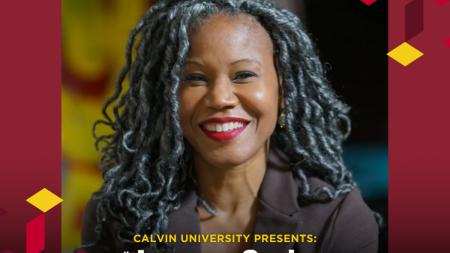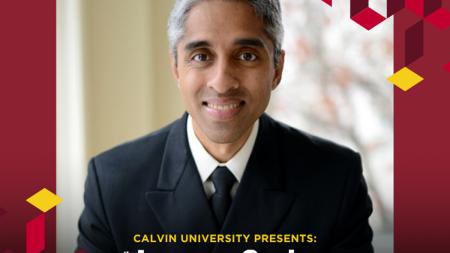Working with Horses to Build Parenting Skills

How can horses help people learn to parent better? A group of mothers and grandmothers near Winnipeg, Man., recently found out.
Three years ago the Indigenous Family Centre, a CRCNA urban ministry in Winnipeg, Man., began offering Circle of Security training for parents. Circle of Security was originally designed to teach attachment-based parenting to teen moms, but the creators quickly found that the simplicity of the program made it effective for all kinds of groups.
The training offers simple visuals and phrases about the needs of children. According to Nathalie VanderZaag, the Children and Families coordinator at the Indigenous Family Centre, the response to this training was great, with at least five groups participating.
Around the same time, the centre also started a kids program in partnership with a nearby horse ranch. The program was called Stable Connections and specialized in animal-assisted therapy. It was very successful in helping Indigenous kids deal with stress.
Seeing the impact this program had on children, VanderZaag wondered if parents connected to the centre could also benefit from it as a next step in their attachment-based parenting journey.
“We still see [in Indigenous communities] the history and impact of residential and day schools, where parents did not have the opportunity to raise their own children. We’re still looking at the consequences of that disruption,” said VanderZaag. “I’ve noticed that parents struggle to know how to ground themselves to cope with stress and calm down.”
The opportunity for parents to work with a horse and experience the grounding, body awareness, and breath regulation that results could be very valuable.
“Awareness is a great first step,” said VanderZaag.
As a result, the Parenting with Presence program was started.
The first cohort of parents who were able to participate in the horse-based training finished in June. The training helped participants to recognize needs that had not been met in their own lives, and to have the awareness to make choices about how they want to approach their responses in the future. It gave them the space to ask, “What do I need to do to be healthy?”
For example, several parents noted that smoking cannabis was a common coping mechanism. They expressed a desire to cut back on that response and find other ways to respond to what they were feeling.
A secondary benefit to this pilot program was the opportunity for people to spend time in nature away from the city. VanderZaag explained that “it’s a load-off for participants to be around horses.”
VanderZaag also noted that the participants in the program do a lot of caregiving in their homes and communities. It was lovely, she said, to be able to care for them instead.
“This program started to scratch the surface of [coping and relaxation] skills,” said VanderZaag.
She pointed out that in addition to providing skills, this program created a mini-community of moms and grandmothers who can support and encourage each other. She looks forward to continuing to help parents practice and then cultivate further skills. A second cohort of parents will start in September.


